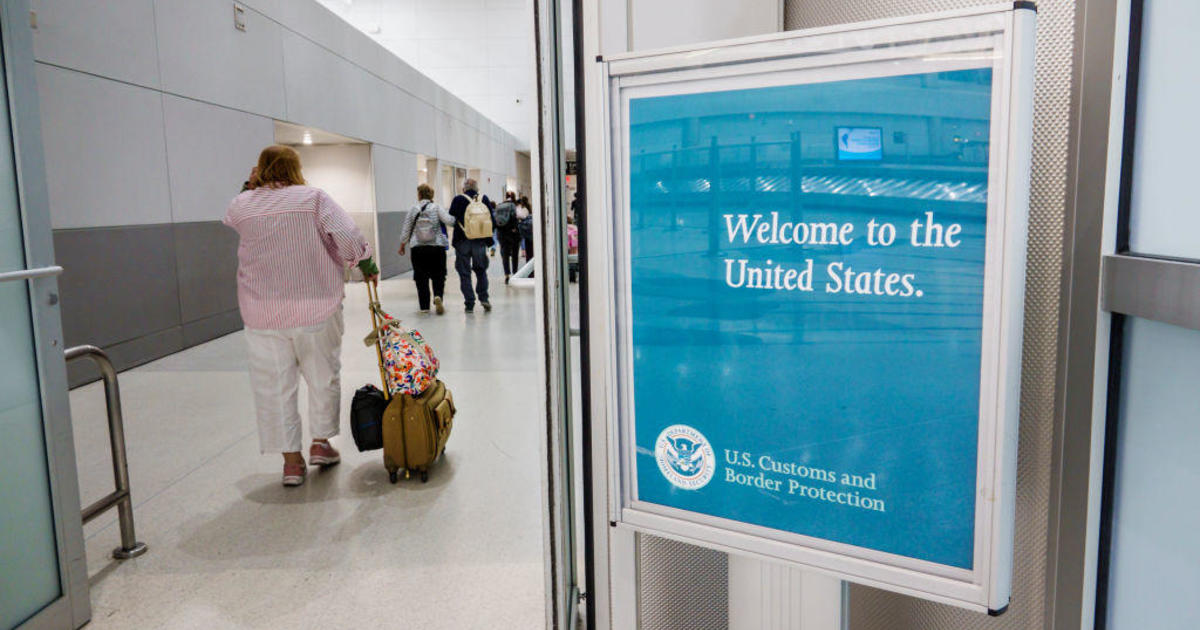A group of senators is raising concerns about the broad authority given to border officers to search travelers’ phones and electronic devices without a warrant or suspicion of a crime. In a letter to Homeland Security Secretary Alejandro Mayorkas, senators from both parties requested information on what data is retained from these searches and how it is being used by the U.S. government. The senators are worried that current policies may be infringing on Americans’ Fourth Amendment rights against unreasonable searches and seizures, as the searches are conducted under different legal standards than those applicable to law enforcement agencies without border search authority.
Customs and Border Protection (CBP) defended the practice of searching devices at border crossings, airports, and seaports as essential to protecting national security. The agency’s guidelines allow for basic searches without a warrant or suspicion of a crime, including manually scrolling through contacts, call logs, messages, photos, videos, and other data. If there is reasonable suspicion of illegal activity or a national security concern, officers can conduct an advanced search with approval from a supervisor and copy the contents of the device to a database known as the Automated Targeting System. Between October 2018 and March 2024, CBP conducted over 252,000 searches, but the agency did not specify how many devices had their data uploaded to the database.
The senators are seeking more information on the breakdown of device inspections over the last five years, including whether any searches were conducted with a warrant, with consent from the traveler, or under the national security concern exemption. They also want to know how many U.S. citizens, legal permanent residents, and non-U.S. persons had their devices searched. The letter includes questions about how the data is retained, for how long, whether searches are influenced by outside agencies, and whether searches of the database are tracked. Senators Wyden and Paul previously introduced legislation in 2021 that would have required border officials to obtain a warrant before searching a device, but the bill did not advance in the Senate Judiciary Committee.
Senator Wyden has criticized CBP for allowing indiscriminate searches of Americans’ private records and pressuring travelers to unlock their devices without informing them of their rights. After a briefing with CBP, Wyden learned that the contents of travelers’ phones were uploaded to a database accessible to 2,700 DHS personnel and saved for 15 years. CBP maintains that it conducts border searches of electronic devices in accordance with statutory and regulatory authorities, as well as applicable judicial precedent. The senators are seeking further clarification on the policies and practices governing these searches to ensure that they comply with constitutional protections against unreasonable searches and seizures.









